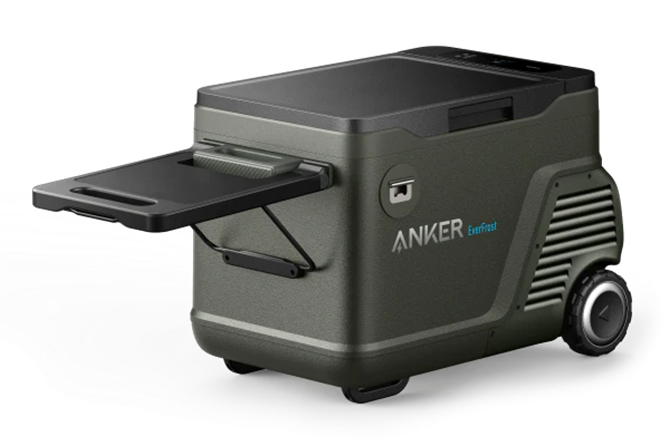
The Made Whole Rule On The Forefront Of A Whole Lot Of Litigation
Overview | Blog Posts | Subrogation & Recovery | Aaron Jacobs | Related | Print | Share
May 27, 2020
The Made Whole Rule and the handling of the insured’s deductible and uninsured losses alongside the subrogation claim remain ever-present topics of discussion amongst subrogation professionals and within subrogation case law. For example, in Daniels v. State Farm Mutual Automobile Insurance Co., 2019 WL 2909308 (Wash. July 3, 2019), the Washington Supreme Court considered whether the Made Whole Doctrine applies in the property insurance context. In Daniels, State Farm insured Lazuri Daniels, who was an innocent driver involved in a multi-vehicle accident. Daniels’s policy with State Farm included a $500.00 deductible. State Farm paid for the damages to the Daniels’s vehicle that were in excess of the aforementioned deductible. Subsequently, State Farm asserted a subrogation claim for its insurance payments against the at-fault driver’s insurer, GEICO. GEICO paid State Farm 70 percent of the claimed damages and State Farm, in turn, reimbursed Daniels 70 percent of her deductible.
Subsequently, Ms. Daniels filed a lawsuit against State Farm, which sought class action status. The complaint alleged that State Farm was in violation of Washington’s Made Whole Rule and the applicable insurance policies, since it did not wholly reimburse its insureds for their deductibles from the subrogation recoveries. The Washington Supreme Court ruled that “a fault-free insured must be made whole for their entire loss before an insurer may offset or recover its own payments. Stated another way, the proceeds of any recovery from a third-party tortfeasor, whether in a subrogation action or otherwise, must be allocated in such a way as to first make the insured whole.” Daniels, 2019 WL 2909308 at 14.
On September 26, 2019, Mark Johnson and Molly Johnson filed a lawsuit against State Farm in Montana State Court, which asserted class action claims. Similar to Daniels, the Johnson case involved an automobile accident in which Ms. Johnson allegedly suffered damages in excess of her State Farm policy, as well as uninsured damages and associated costs that were not covered by the policy at all. Allegedly, State Farm asserted subrogation claims against the at-fault driver and their insurer, and collected a subrogated recovery prior to Ms. Johnson being “made whole.” Specifically, the complaint alleges, that State Farm’s “assertion of a subrogated right arising from an automobile accident with a third party before the insured has been made whole for all losses and costs of recovery… violates Montana public policy and breaches the terms of the insurance contract as conformed to the requirements of Montana law.” On May 4, 2020, the Johnson case was removed from Montana State Court to the Federal District Court. Johnson et al. v. State Farm Mutual Automobile Insurance Company et al. Company (9:20-cv-00055).
Even though the Johnson litigation is in its relative infancy, the case serves as a reminder that the handling of the insured’s deductible and other uninsured losses is a critical component of the subrogation process. The Johnson case, as well as Daniels, also highlight the importance of discussing the recovery efforts and the handling of the insured’s deductible and uninsured losses with counsel prior to initiation of subrogation recovery efforts. In some instances (but not all), a post-loss agreement with the insured, which contains new consideration, such as the carrier’s advancement of subrogation related costs, may help avoid any disputes with the insured over the allocation of subrogation/recovery proceeds in the future. For additional information regarding the handling of the insured’s deductible and other uninsured losses with the subrogation claim, we encourage you to listen to this episode of Butler’s podcast, “SubroSense,” which was dedicated to this very topic. Additionally, please be sure to check out this week’s “Thursday Tip,” which includes a discussion about the use of joint allocation agreements.
For any further questions, please contact Aaron Jacobs.



